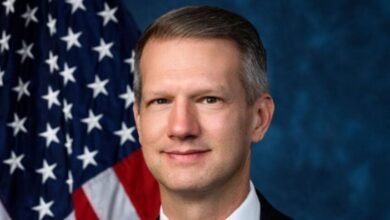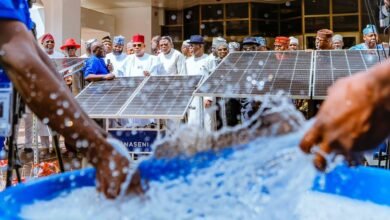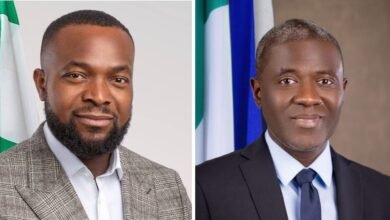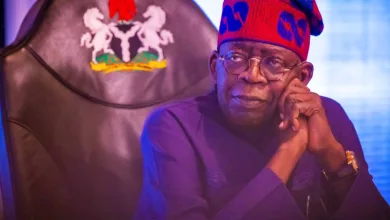Foreign AffairsOpinionPolitics
Ambassador Tuggar’s Quiet Rebuilding of Nigeria’s Global Standing
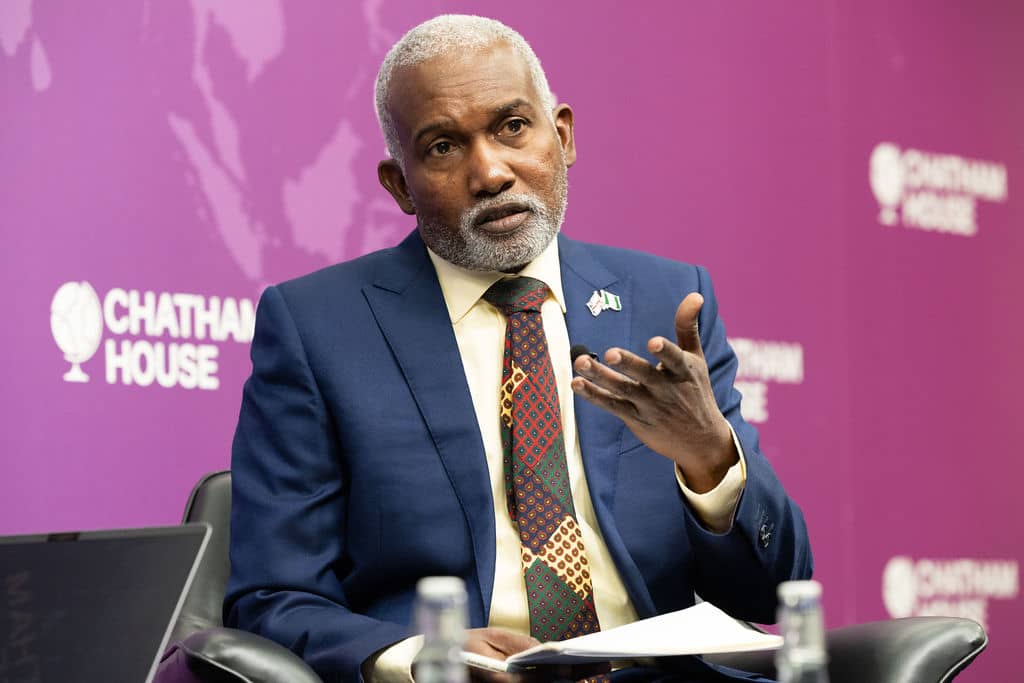
Diplomacy, today, shapes the flow of trade, capital, security, and global influence. The role of any country’s Foreign Affairs Minister has become more critical than ever. Nigeria included. Under Ambassador Yusuf Maitama Tuggar, Nigeria’s foreign policy is being recalibrated particularly to reenergize and serve the economic and political goals of the President Bola Tinubu’s Renewed Hope Agenda. In less than a year in office, Ambassador Tuggar has demonstrated why the Ministry of Foreign Affairs remains a strategic engine of national development and international legitimacy.
From Berlin to Brussels, Tuggar’s foreign policy engagements are rooted in a clear economic imperative: use diplomacy to unlock investment, secure energy partnerships, and open new migration pathways for Nigerian professionals. In Berlin, the Minister led high-level bilateral talks with his German counterpart, Johann Wadephul, focusing on three priority areas: energy, trade, and migration. These discussions reinforced Nigeria’s position as Germany’s second-largest trading partner in Sub-Saharan Africa and reviewed the progress of the Nigeria-Germany Energy Partnership, which has now established a Hydrogen Office in Abuja. The initiative reflects Nigeria’s commitment to clean energy transition.
Tuggar’s visit to the German Bundestag, where he met with parliamentarian Nicolas Zippelius, opened new doors for legislative collaboration. His invitation to the Berlin Global Dialogue later this year is further proof that Nigeria’s voice is being welcomed once more in global economic conversations.
In Brussels, on the sidelines of the third AU-EU Ministerial Meeting, Ambassador Tuggar championed projects with concrete developmental impact. He held strategic talks with EU Commissioner for International Partnerships, Mr. Josef Sikela, where he made a compelling case for the Trans-Saharan Gas Pipeline—a transformative infrastructure linking 15 African nations. He also advocated enhanced cooperation through Nigeria’s River Basin Authorities to bolster food security and drive digital innovation in agriculture. These diplomatic gestures are moves to reposition Nigeria within global value chains.
While economic diplomacy has been crucial to his mission, Ambassador Tuggar has also emerged as a strong voice for home-grown democracy in Africa. At a stakeholders’ engagement hosted in Abuja with ambassadors from West African countries, he reaffirmed Nigeria’s regional leadership through the Regional Partnership for Democracy (RPD). The RPD is Nigeria’s initiative to promote African-led democratic governance—free from external imposition but rooted in constitutional order, civil society, and institutional integrity.
“Our goal,” said Tuggar, “is to reinforce democracy, work with governments and civil societies in the region to entrench African-driven democratic systems.”
This push is crucial as West Africa continues to grapple with coups, democratic backsliding, and rising insecurity. Ambassador Tuggar’s principled stance underscores Nigeria’s traditional diplomatic philosophy: lead by example, support democracy, and avoid external coercion.
Perhaps no engagement better illustrates Ambassador Tuggar’s strategic approach than his April 2025 visit to Niger Republic—a neighbour with whom Nigeria shares over 1,600 kilometres of border, deep cultural bonds, and complex security challenges. Relations between the two countries had fractured following the 2023 military coup in Niger and the subsequent suspension from ECOWAS. Ambassador Tuggar’s visit marked a decisive diplomatic reset.
Rather than wielding rhetoric, Tuggar adopted a pragmatic, reconciliatory approach. His mission was not to isolate, but to reengage—to rebuild trust, restore cooperation, and reignite stalled projects such as the Kano-Katsina-Jibiya-Maradi railway and Trans-Saharan energy corridors. The reactivation of the Nigeria-Niger Joint Commission and establishment of a Joint Consultative Forum signal a return to structured, forward-looking engagement.
Security cooperation was also high on the agenda. The two countries pledged deeper collaboration between their defence and intelligence institutions, a crucial step in stabilizing their shared borders and tackling cross-border terrorism. For a sub-region vulnerable to the destabilizing ripple effects of conflict, Nigeria’s posture under Ambassador Tuggar offers a template of thoughtful, values-driven diplomacy.
The Ministry of Foreign Affairs, under Ambassador Tuggar, is quietly repositioning itself as a strategic policy instrument—not merely a ceremonial agency. It is promoting trade, attracting investment, fostering regional peace, and amplifying Nigeria’s voice on global platforms. As President Bola Ahmed Tinubu pursues bold reforms to transform the domestic economy, the Ministry’s international engagements are creating the diplomatic space and partnerships necessary for those reforms to thrive.
Whether it’s advancing Nigeria’s stake in global infrastructure financing through the EU’s Global Gateway Initiative, restoring ties with key neighbours, or reshaping Africa’s democratic agenda, Ambassador Tuggar’s work reflects a clear shift that Nigeria is no longer on the defensive—it is shaping the conversation.
Akinloye James, the author is the President and founder of Initiative to Save Democracy (ISD), an advocacy movement for democratic values.

